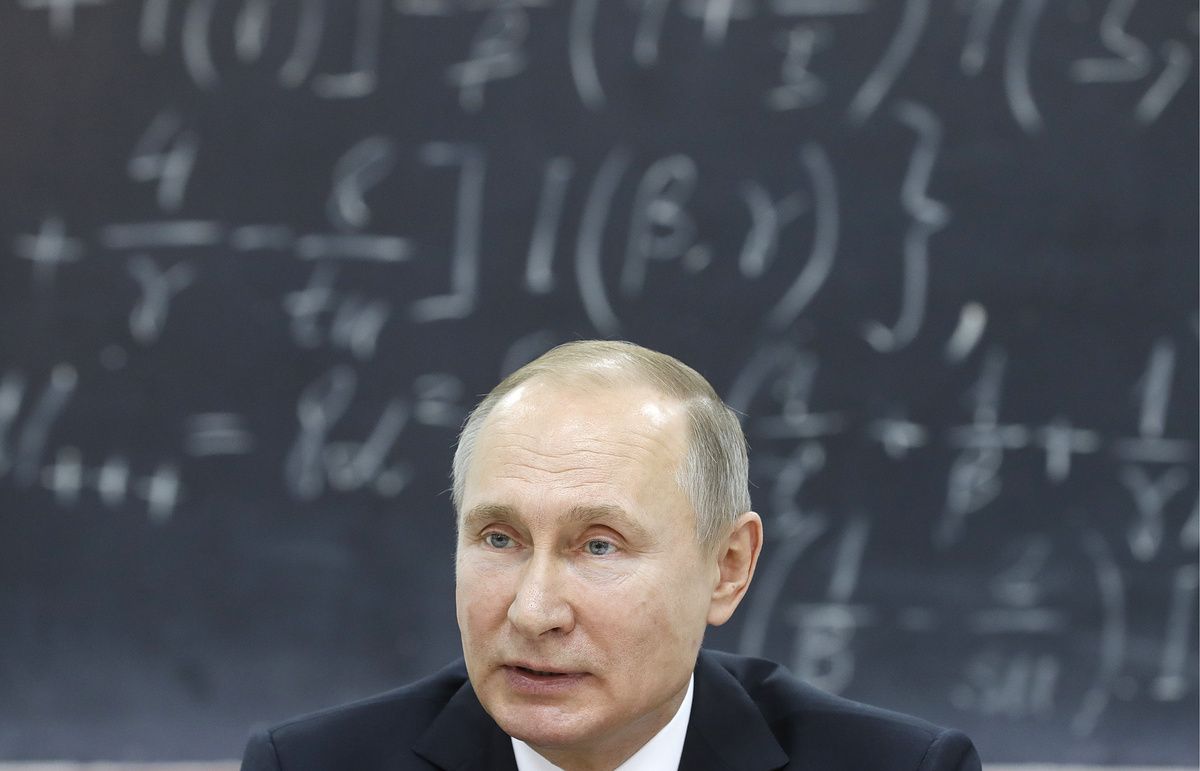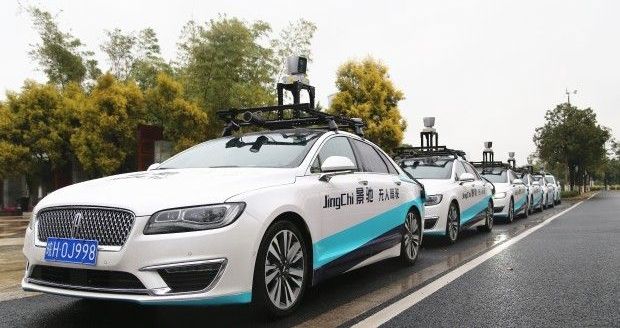Archive for the ‘economics’ category: Page 157
Feb 13, 2018
Reversing Aging — 2018 update
Posted by Montie Adkins in categories: biotech/medical, economics, life extension

What progress is being made in the field of reversing aging — the grand humanitarian project to extend healthy lifespan?
In this London Futurists online video conference, a number of healthspan extension researchers and activists from around the answered questions such as:
• What do you know now, that wasn’t known, or which was less clear, back in January 2017?
• What progress has encouraged you? And what disappointments have there been?
• Overall, what have we learned? And what should the field do differently in the future?
Feb 12, 2018
How Technology Is Leading Us Into the Imagination Age
Posted by Shailesh Prasad in categories: economics, education, employment, robotics/AI, virtual reality
In many ways, the future is unpredictable. A report by the World Economic Forum reveals that almost 65 percent of the jobs elementary school students will be doing in the future do not even exist yet. Combined with technological automation and the disappearance of traditional jobs, this leaves us with a critical question: how can we survive such a world?
The answer may be imagination.
Initially coined by Rita J. King, the imagination age is a theoretical period beyond the information age where creativity and imagination will become the primary creators of economic value. This is driven by technological trends like virtual reality and the rise of digital platforms like YouTube, all of which increase demand for user-generated content and creativity. It is also driven by automation, which will take away a lot of monotonous and routine jobs, leaving more higher-ordered and creative jobs.
Continue reading “How Technology Is Leading Us Into the Imagination Age” »
Feb 11, 2018
His 2020 Campaign Message: The Robots Are Coming
Posted by Derick Lee in categories: business, economics, employment, robotics/AI
That candidate is Andrew Yang, a well-connected New York businessman who is mounting a longer-than-long-shot bid for the White House. Mr. Yang, a former tech executive who started the nonprofit organization Venture for America, believes that automation and advanced artificial intelligence will soon make millions of jobs obsolete — yours, mine, those of our accountants and radiologists and grocery store cashiers.
He says America needs to take radical steps to prevent Great Depression-level unemployment and a total societal meltdown, including handing out trillions of dollars in cash.
Andrew Yang, a former tech executive, is mounting a longer-than-long-shot bid for the White House by warning of economic calamity ahead.
Continue reading “His 2020 Campaign Message: The Robots Are Coming” »
Feb 9, 2018
Putin calls to create powerful international research centers in Russia
Posted by Derick Lee in categories: economics, education
Russian President Vladimir Putin has called for expanding scientific cooperation with other countries and establishing powerful international research centers in Russia.
“Of course, we were actively involved in preparations to set up these [international scientific] centers. We are currently working there, and working successfully,” he said at a meeting of the Council for Science and Education. “However, we need to establish such centers of our own.”
The president recalled the proposal to establish one of such centers in Novosibirsk. “I believe that’s the right idea,” he stressed. “We will be sure to think about this and implement this project.”
Continue reading “Putin calls to create powerful international research centers in Russia” »
Feb 9, 2018
China formulates new policies for autonomous cars in bid to catch up to US
Posted by Derick Lee in categories: economics, robotics/AI, transportation
The latest sign of regulatory support comes two months after Beijing became the country’s first city to green light open road test for autonomous cars. The National Development and Reform Commission, China’s top economic planning agency, also unveiled a three-year plan in December, making the development of smart cars a national priority.
The latest sign of national regulatory support comes two months after Beijing became the country’s first city to green light open road test for self driving cars.
Feb 2, 2018
The Case for Free Money
Posted by Zoltan Istvan in categories: economics, government, robotics/AI
A major conservative publication, The Weekly Standard, has published a positive Cover story about Basic Income, as a way to reign in entitlements and deal with automation. My California libertarian governor campaign gets a brief mention in it. Over 100,000 print copies out this week.
At first blush, universal basic income sounds like something dreamed up on a California commune or in a late-night college bull session. The idea: Just give people money. Ask nothing in return. Impose no requirement to work or to look for work. And don’t just give taxpayer money to people living in poverty, give it to everybody—from gazillionaire to gig-worker—no questions asked.
Yet universal basic income is an idea that is having its moment. Enthusiasm for a government-guaranteed income for all seems to be percolating across the country. Groups backed by Silicon Valley luminaries are forming to devise political strategies. Hillary Clinton’s presidential campaign flirted with the idea.
Jan 23, 2018
Robots could take your job — but you can retrain to find a better one, says WEF report — By Alan Tovey | The Telegraph
Posted by Odette Bohr Dienel in categories: disruptive technology, economics
“The latest research focused on the impact the “Fourth Industrial Revolution” — digital and traditional technology coming together to deliver efficiencies that will mean more jobs can be automated — will have on employment in the US.”
Jan 22, 2018
Towards a Reskilling Revolution January 2018 Report | World Economic Forum
Posted by Odette Bohr Dienel in categories: economics, education
” … [W]hile there has been much forecasting on transformations in labour markets, few practical approaches exist to identifying reskilling and job transition opportunities. Towards a Reskilling Revolution: A Future of Jobs for All provides a valuable new tool that will help individual workers, companies, and governments to prioritize their actions and investments.”
Jan 22, 2018
A world of free movement would be $78 trillion richer | The Economist
Posted by Odette Bohr Dienel in categories: economics, governance
“To clarify, “open borders” means that people are free to move to find work. It does not mean “no borders” or “the abolition of the nation-state”. On the contrary, the reason why migration is so attractive is that some countries are well-run and others, abysmally so.”
















